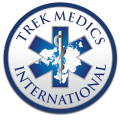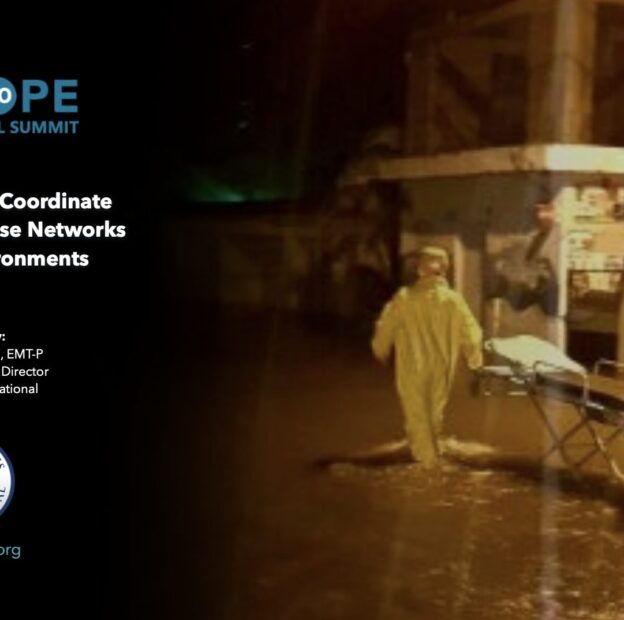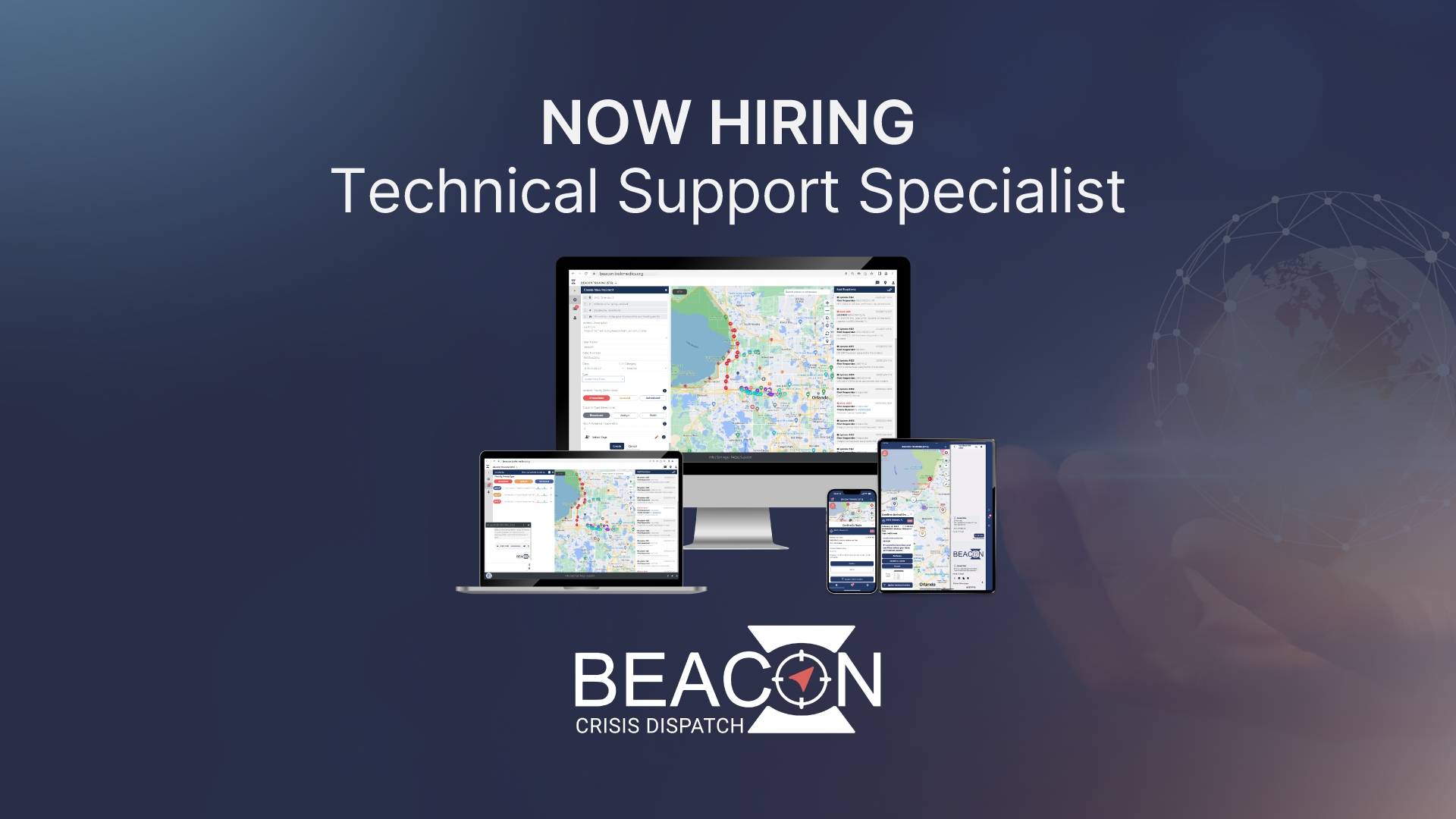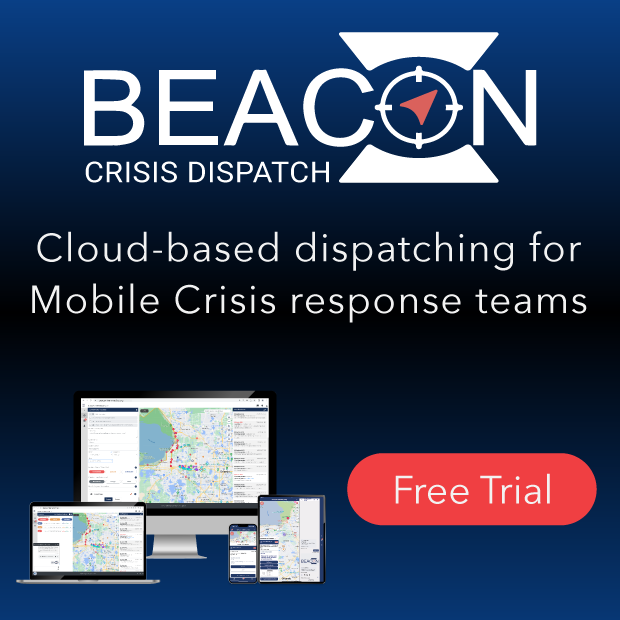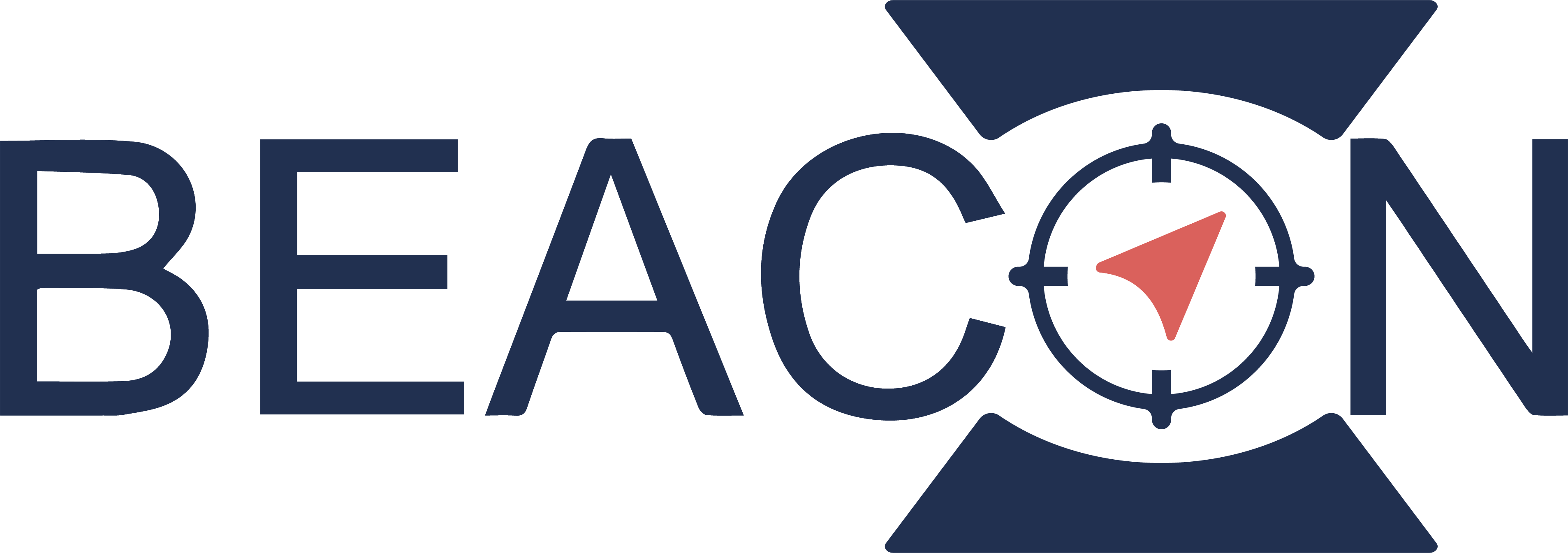International NGOs and relief agencies face a common challenge when responding to emergencies in austere environments: “How do you ensure the right resources are delivered to the right place at the right time?” Whether an agency is tasked with bringing the sick and injured to a field hospital or delivering life-saving care and resources out into communities, managing supply and demand is tantamount to a successful missions.
Jason Friesen, a paramedic by training and the founder of Trek Medics Intl, has been working in emergency response systems in austere environments for nearly 20 years. In this session he will share how Trek Medics has been improving access to emergency response networks through innovative technologies and good old-fashioned community organizing. Drawing on lessons learned while working with a wide range programs — including ICRC ambulance services, hurricane response with USAID in the Caribbean, community-based response networks in Latin America, and the World Bank in Malawi — the objectives of this session are to:
- Review the four core components of emergency response systems, and
- Discuss how they can be quickly and successfully launched in austere environments by leveraging local resources and expertise
